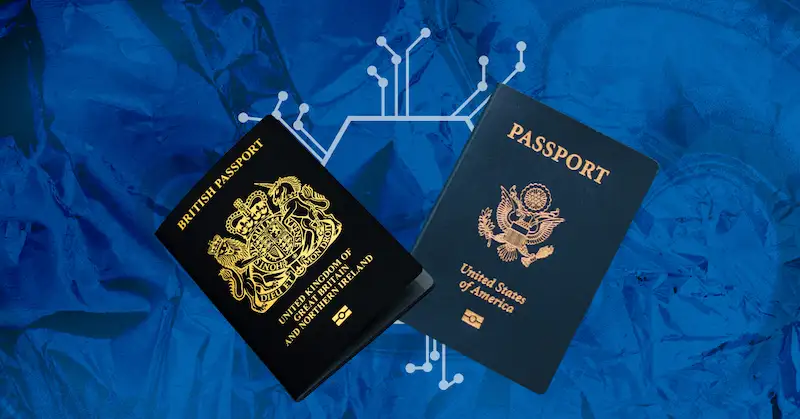
‘AI is not a writer:’ Why the writers’ strike deal matters beyond Hollywood
As Hollywood writers get back to work, the AI protections they won will help others keep their jobs (for now).
Published:
Updated:
Related Articles
-

-

All of the drama, none of the attention span: Bite-sized soap operas are getting big
-

Pirating videos was on the decline; it isn’t anymore
-
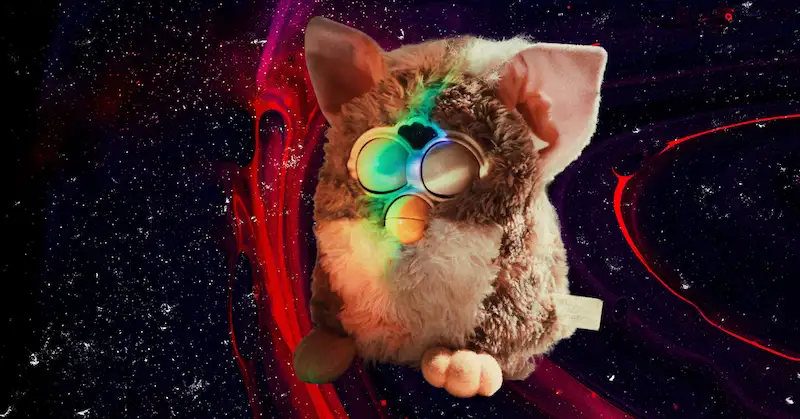
Furby or foe? How a ‘90s toy panic relates to today
-
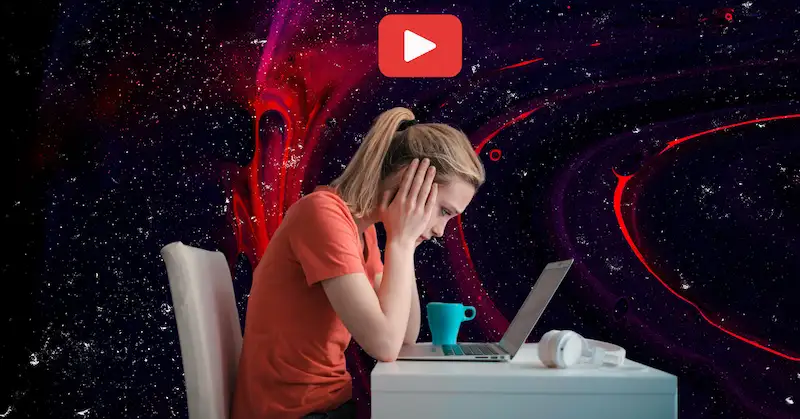
Should you livestream your layoff?
-
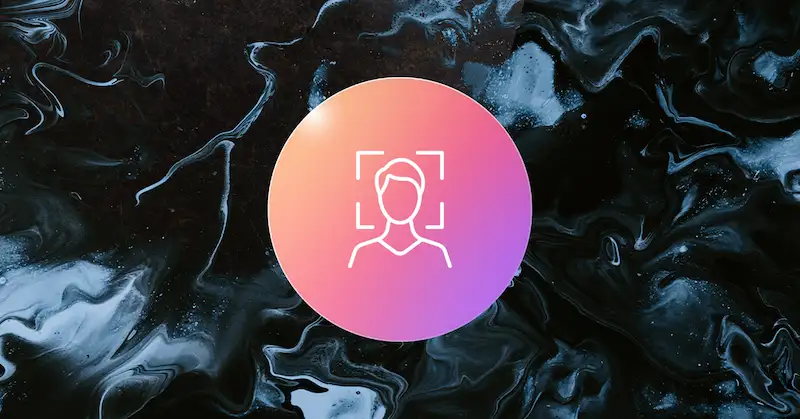
The government vs. AI deepfakes
-
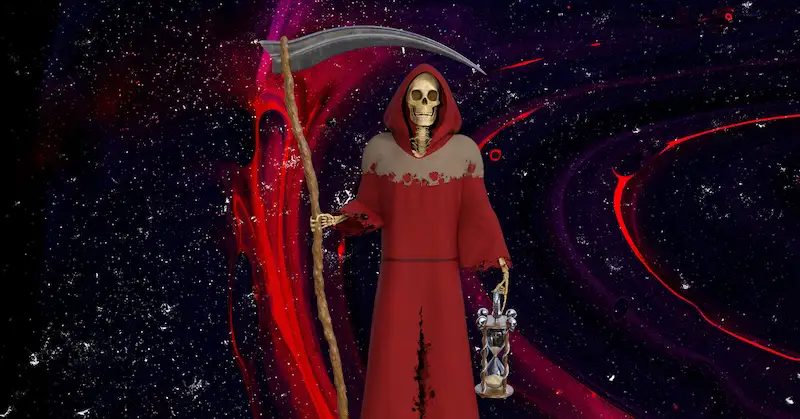
Can AI predict your death?
-

New AI-powered tech is for the dogs (literally)
-
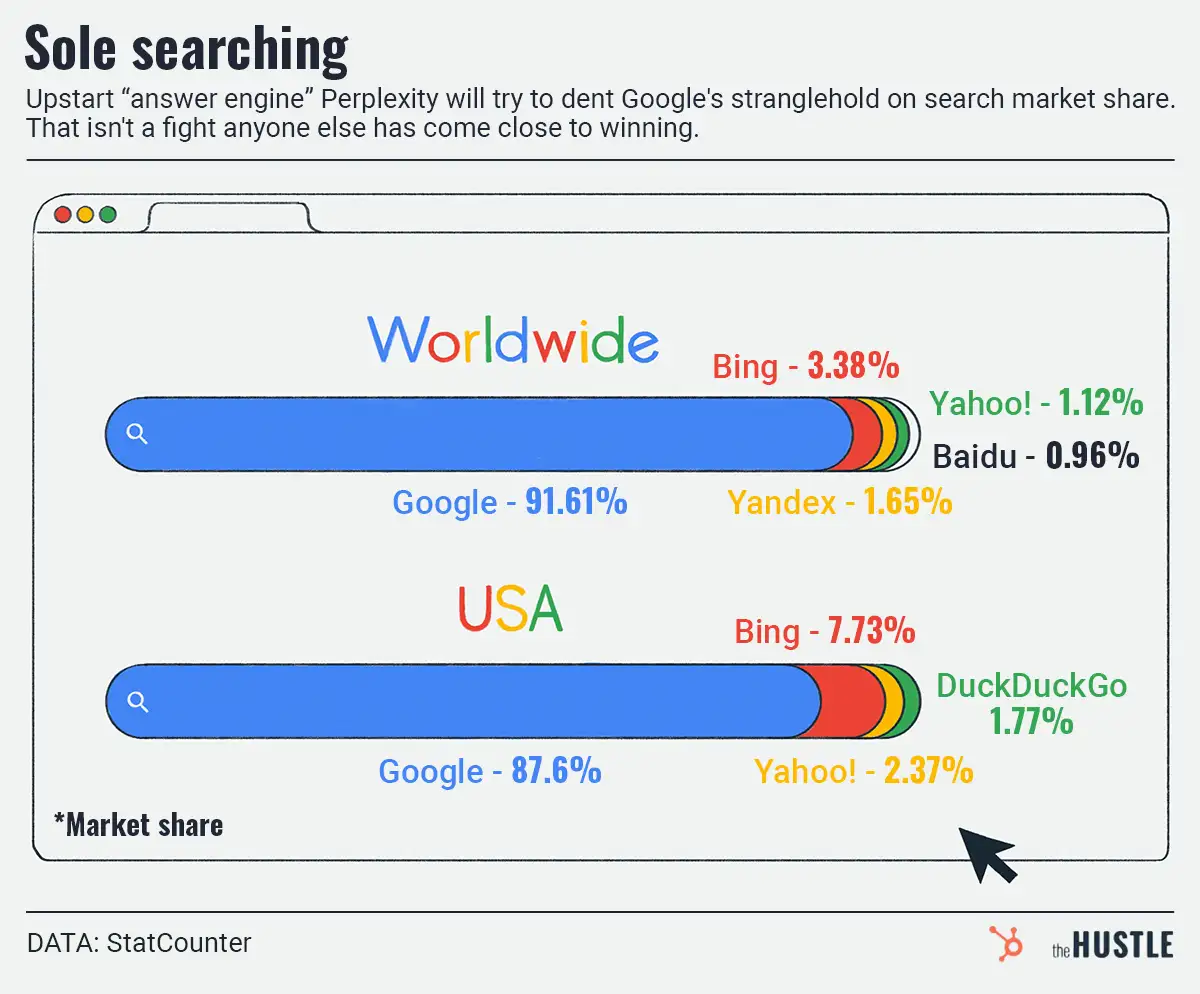
Could a Bezos-backed search startup kick Google’s crown off?
-
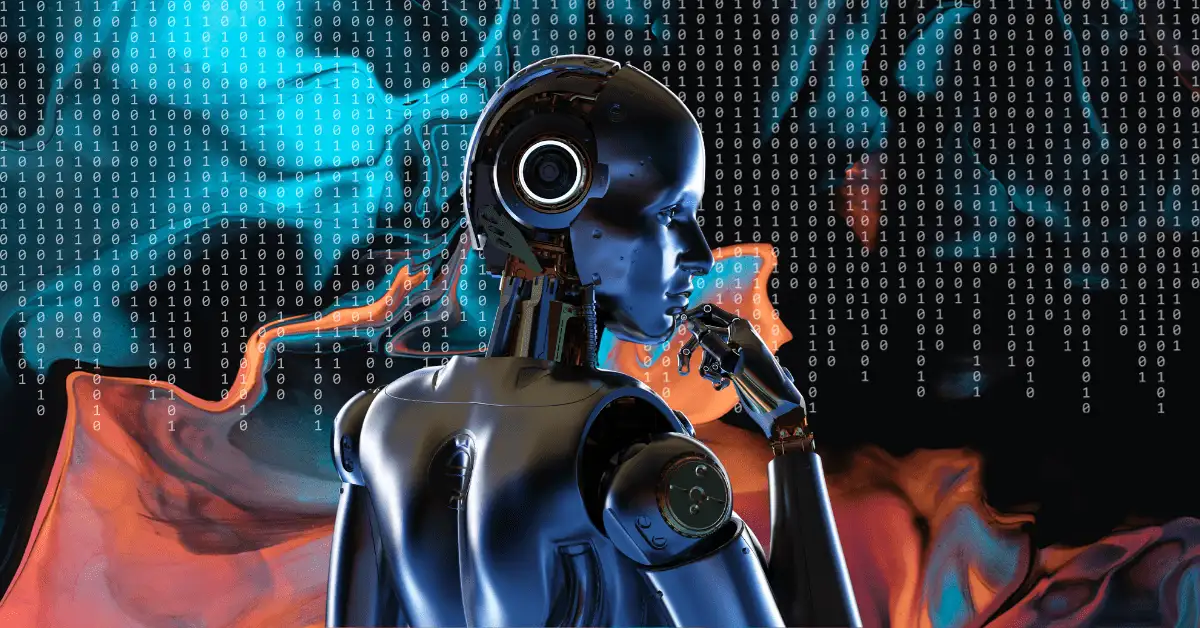
AI, the story of the year, told in numbers

